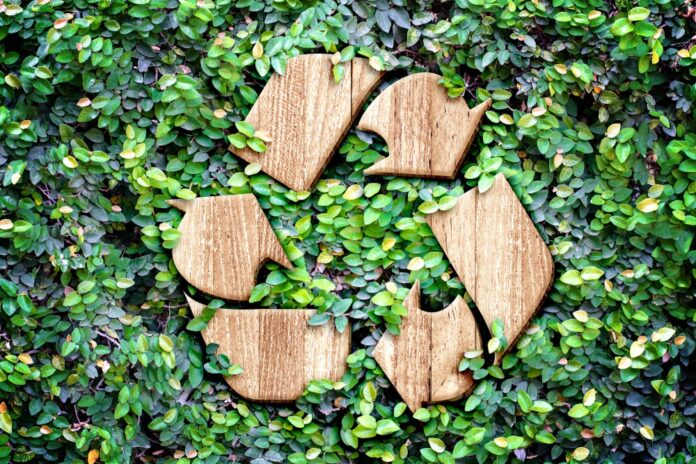Only one in a hundred phones is recycled
Orange Group is telling its European divisions to refurbish, return, reuse and, most important of all, recycle mobile devices. They have until the end of 2022 to introduce schemes to encourage recycling, re-use and reduction of carbon footprints. The operator group launched the ‘Re’ campaign across its businesses at the 2022 ChangeNOW international summit. It claimed that successful launches in France, Luxembourg, Belgium and Poland had encouraged it to extend it to the eastern territories of Moldova, Slovakia, Romania and Spain in coming months.
Inspiring youth
Meanwhile Orange is training young people, gratis, at its Solidarity FabLabs. To provide inspiration, in April it issued an international challenge to young people entering the world of work, which can be weirder and more daunting than the most scary online game they’ve encountered. The challenge requested projects that tackle the UN Sustainable Development Goal to: End hunger, achieve food security and improved nutrition and promote sustainable agriculture.
Agrimaker
The Orange Foundation has now considered the ideas presented by 15 AgriMakers shortlisted from 10 countries in Europe, Africa and the Middle East. Three team projects were then chosen by an online audience and jury. The final selection will be put to a public vote on ChangeNOW’s main stage tomorrow (Friday 20th)
ChangeNow
Since its inception in France in 2020 the Re programme has raised the recycling and returns of used mobile phones from 13.4% in 2020 to 22.3% in 2021, according to Orange. This has resulted in the return and recycling of around 1.9 million devices. Orange wants to increase that rate to 30% by 2025. Orange says only one in a hundred of the world’s phones are being recycled. Since 1,500,000,000 phones are manufactured each year, that means that 1.35 billion more machines are leaching their chemicals into a landfill sites by the end of each phone contract.
Re cycle
Orange said it now recycles phones that no longer work or have no cash value. It will also reward each device recycler with a discount or credit voucher for a returned device. It plans to sell refurbished phones in its shops and will repairs devices. The Re initiative will support the general public with their responsible actions, said Orange Deputy CEO, Mari-Noëlle Jégo-Laveissière: “We offer a true toolbox to help limit the environmental impact of mobile phones.”
Nokia
In October Orange and Nokia agreed to user more refurbished kit in the networks they build. The refurbished Nokia network equipment will be offered to Orange subsidiaries via BuyIn, the procurement alliance of Orange and Deutsche Telekom. Initially the procurement system will offer radio access network (RAN) hardware but there are medium and long-term plans to include other types of kit. The refurb offer is part of Orange’s carbon emissions reduction strategy but Orange and Nokia say they also want to offer a competitive and reliable alternative to network operators. The second hand RAN meets EU and ITU directives and recommendations.
Who wants old kit?
However, analyst John Strand of Strand Consult was not impressed. “Old comms equipment can’t be recycled for many reasons,” said Strand. “There is a lot of software in a mobile network and when you buy it you do not buy the software but a right to use it. This means that you cannot resell any software or hardware. Operators in emerging markets prefer to get new equipment anyway, so the recycling interest is not as great as some might think.”



